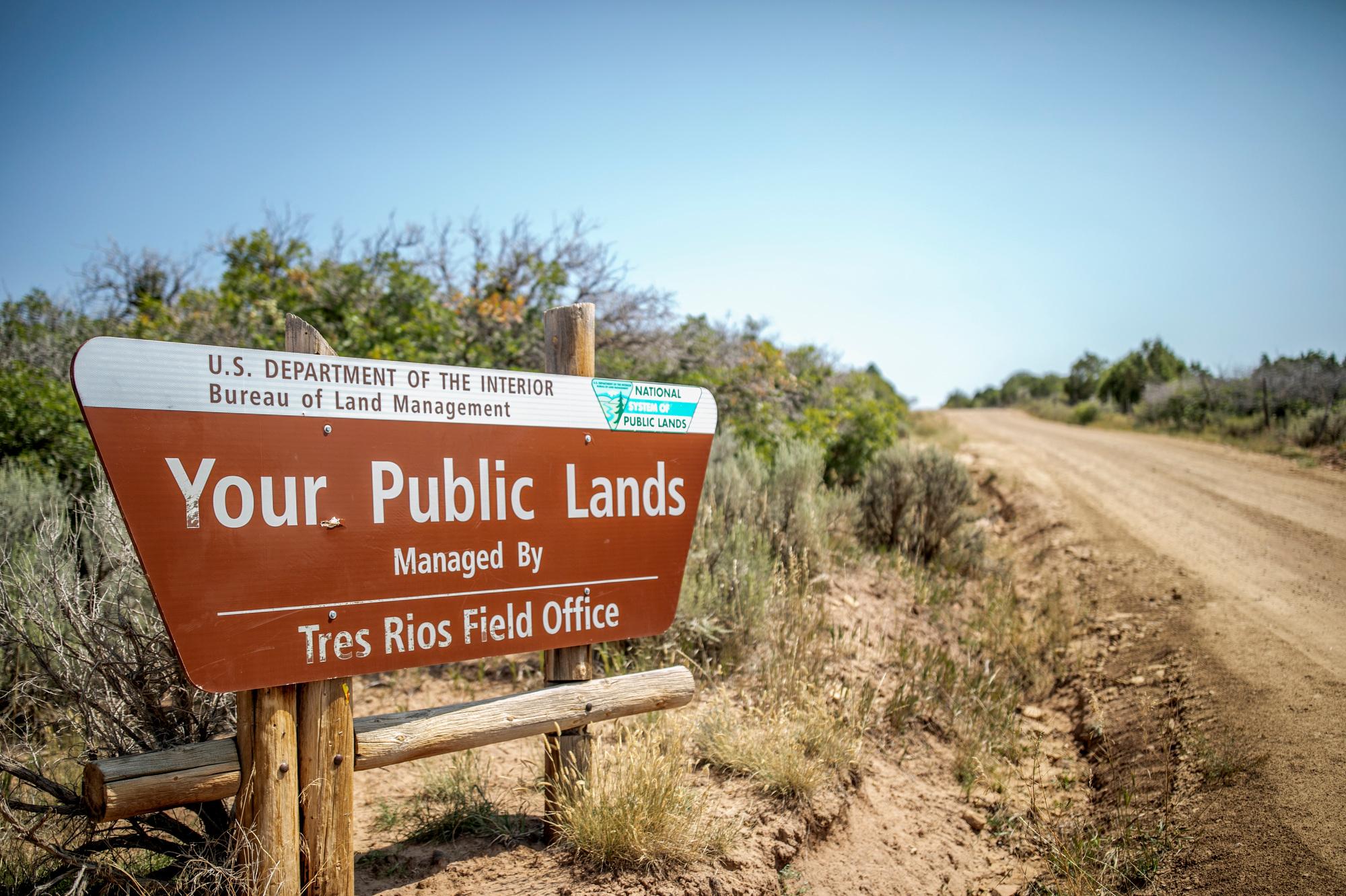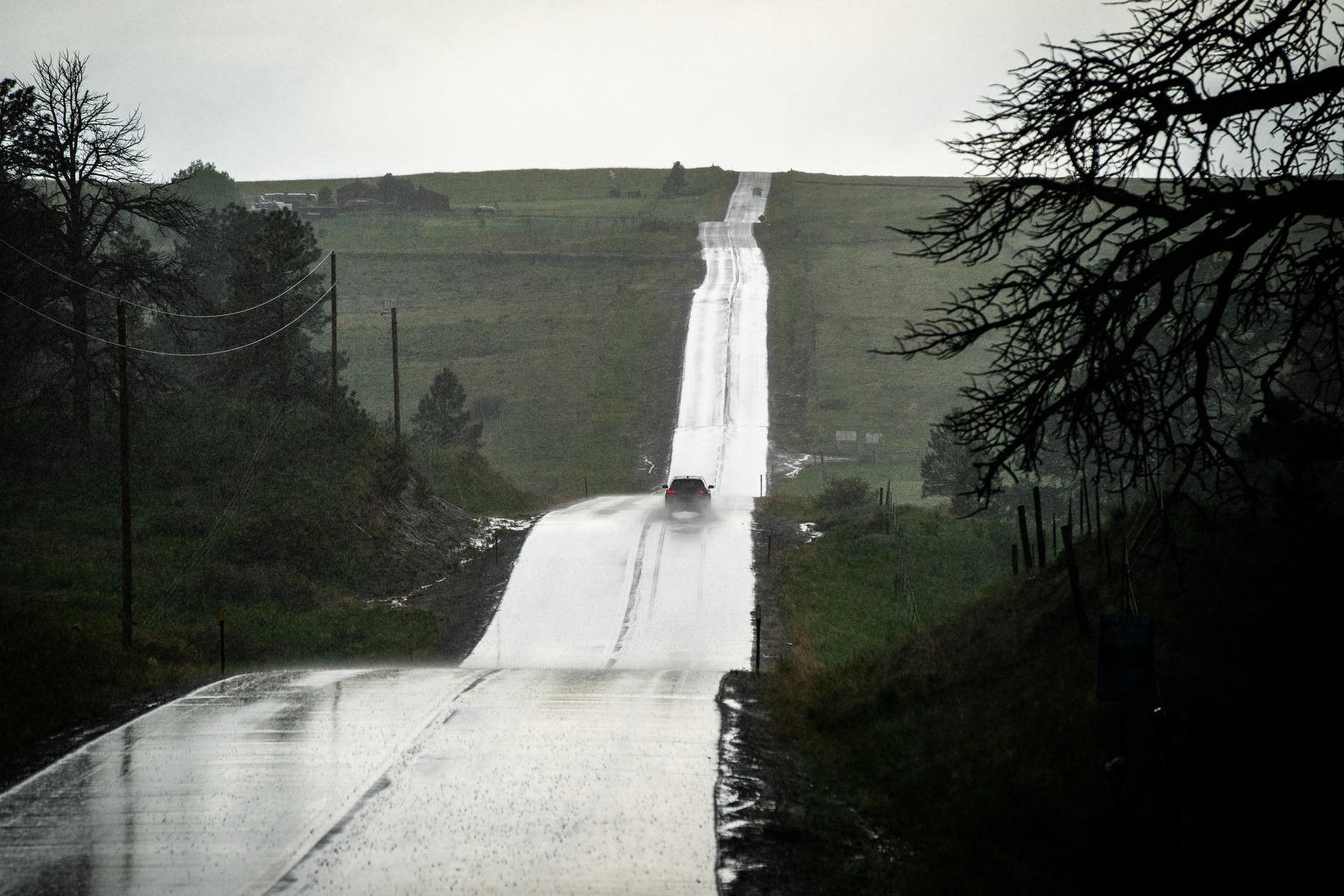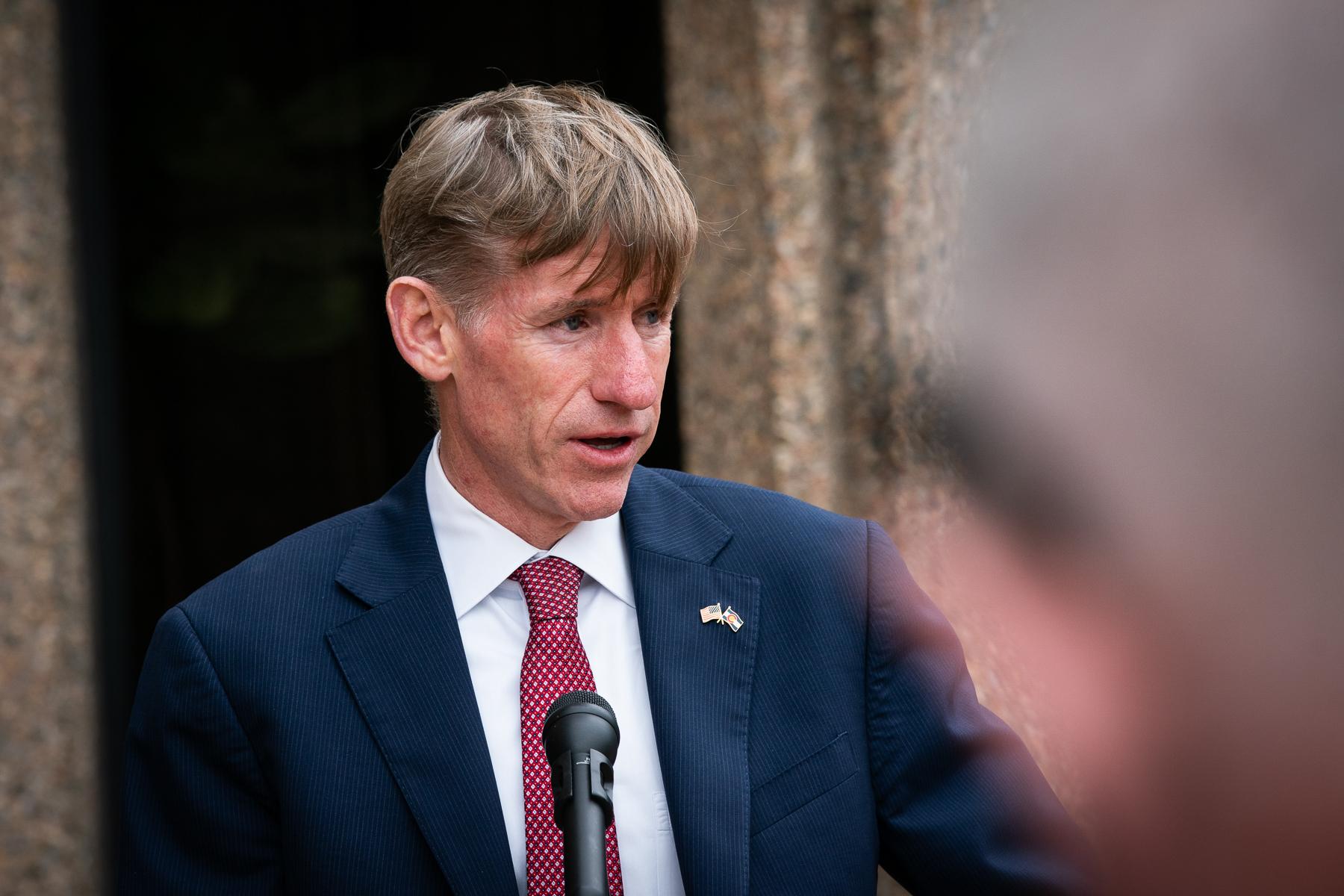
The House Natural Resources Committee released its reconciliation text and it could have major impacts for Western Colorado.
Included is a proposal to prohibit the implementation of the Bureau of Land Management’s Colorado River Valley Office and Grand Junction Field Office Resource Management plans, which were finalized last fall.
The final plans would open about 85 percent of BLM land “with high potential” for future oil and gas development to leasing, while low and medium-potential areas would be largely closed to leasing.
Colorado is one of four western states that will have RMPs undone by the Republican proposal.
A committee aide said, “These resource management plans took millions of acres offline for both mineral development and energy development. By bringing those resources back online, we’re making them available for future production.”
This isn’t a new push. GOP Rep. Lauren Boebert, who used to represent the area, sought to prevent the final plan from going into effect last fall, while the district’s current representative, Republican Jeff Hurd, introduced a bill earlier this year seeking changes.
Still, it could open up an issue that some had hoped was finally put to bed after a decade of legal wrangling and even more years of stakeholder input.
In 2015, after almost a decade of planning, the BLM finalized RMPs for both offices. But conservation groups filed a lawsuit against the Colorado River Valley RMP. In 2018, a federal court said the BLM had to reconsider portions of the plan dealing with oil and gas development. A similar lawsuit was filed against the Grand Junction Field Office RMP.
“I think there’s a lot of blind politics going on right now, and I think this fits squarely in that category,” said Peter Hart, legal director of the Wilderness Workshop, which was part of the lawsuits. “It’s politics uninformed by facts.”
Hart added that the reconciliation proposal would be opening up a process that “culminated without objection. I mean, local governments didn’t object, industry didn’t object.”
If this moves forward, Hart thinks it will lead to “a whole bunch more conflict, as well as a time-consuming and expensive process.”
A spokesperson for Colorado’s Department of Natural Resources said withdrawing the final plans “raises deep concerns for the state.”
“Both of these final resource management plans replaced decades-old plans which are far overdue for updating,” the department said in a statement. “ Additionally, these plans were finalized after extensive work with local governments, state agencies, Tribal nations, industry representatives, conservation groups, and without any protest from oil and gas industry interests.”
Still, even if oil and gas groups didn’t formally object before the RMPs were finalized, some are pleased to see them sent back to the drawing board.
Kathleen Sgamma, outgoing president of the Western Energy Alliance, thinks that can happen fairly quickly. “They’re not starting from scratch. They can take the analysis of those issues done over the last four years, strip out the erroneous conclusions the Biden administration came to, and reissue new Records of Decision in fairly short order.”
She argued the final plans were based on old information as to what areas were no or low potential.
According to Congressional Budget Office estimates, rescinding these two final RMPs could generate up to $80 million in new revenue through expanded drilling and mining.
The reconciliation text would also mandate quarterly oil and gas lease sales in Colorado and return those royalty rates — which were increased to 16.67 percent through the Inflation Reduction Act — back down to 12.5 percent for 10 years. The committee hopes to generate a total of $15 billion through these changes.
The House Natural Resources committee is one where Colorado has a strong presence. Aside from Boebert and Hurd, GOP Rep. Jeff Crank and Democratic Rep. Joe Neguse also sit on that committee.
The committee is expected to mark up the bill on May 6.
A couple of hurdles to revisiting the RMPs could remain.
The Senate’s so-called Byrd rule limits what can be included in reconciliation legislation. Anything that does not have a direct budgetary consequence could be challenged and removed.
And if the Republican controlled Congress does succeed in changing the Colorado RMPs, legal challenges are again possible.
Funding for public media is at stake. Stand up and support what you value today.









